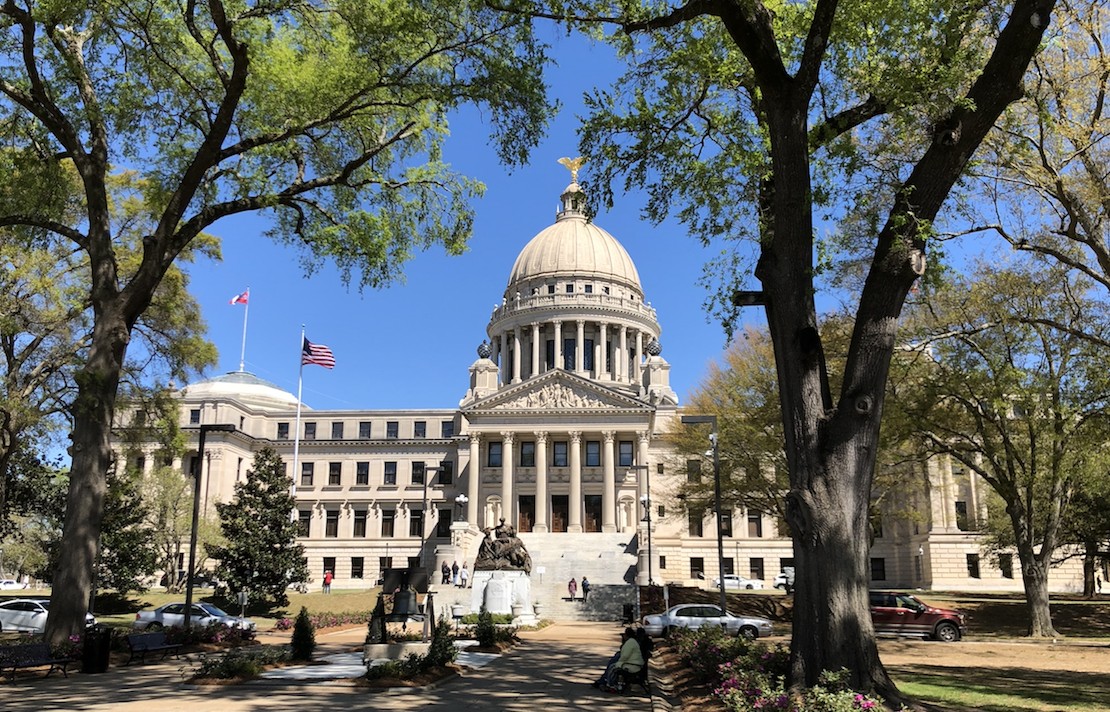The Commission on Guardianship and Conservatorship are meeting to discuss the recent passage of legislation that will guard and protect vulnerable children and adults. The 2019 Legislature passed the Mississippi Guardianship and Conservatorship Act, which revises guardianship and conservatorship laws. The new laws are also referred to as the GAP Act, for “guard and protect.”
The Senate bill which was introduced by Senator Joey Fillingane during the most recent legislative session was based on recommendations that the Commission made after nearly two years of intensive study. Governor Phil Bryant signed the legislation on April 16th and the changes will go into effect January 1, 2020.
“The work of this Commission and the GAP Act will ensure our most vulnerable children and adults are being cared for and their assets protected,” said Justice Dawn Beam, the co-chair of the Commission, said. “Since the Act does not take effect until January 2020, we will have plenty of time to train court personnel on how the court’s computer system will assist judges in overseeing the care of our citizens, bringing the courts into the 21st Century. The GAP Act gives judges more flexibility in tailoring necessary safeguards while protecting the independence and dignity of each person in need of protection.”
Back in 2017, the Supreme Court created the Mississippi Commission on Guardianship and Conservatorship to develop recommendations to improve the way the courts protect children, vulnerable adults, and estates. Justice Beam and Mississippi Judicial College Executive Director Randy Pierce are co-chairs of the 26-member Commission.
Mississippi’s laws governing guardianships and conservatorships had not been substantially changed in more than 30 years and the Commission says the old laws lacked provisions for oversight, monitoring, and accountability. Additionally, there have been incidents of fraud and abuse of vulnerable people.
The Commission made recommendations to create a clear and workable statutory framework, modern and enforceable reporting requirements, comprehensive court monitoring procedures, state-driven accountability measures, protection of the ward’s fundamental rights, and transparency from all parties.
The GAP Act sets out in one comprehensive body of law provisions that:
- distinguish guardian of the person from conservator of the estate;
- clarify the role of a guardian/conservator in a ward’s life;
- specify the basis for the appointment of a guardian/conservator through improved medical evaluation forms;
- encourage individualized planning and use of the least restrictive alternative;
- create accountability between the guardian/conservator and the courts to prevent fraud and abuse;
- inform ward of procedural and substantive rights at hearings and ensure due process through the protection of the ward’s person and assets;
- create a guardian/conservator plan for use throughout the appointment, with the court able to adjust the plan at its discretion;
- monitor each ward’s plan, and track inventories and accountings through Mississippi Electronic Courts, MEC;
- establish an avenue for required well-being reports.




